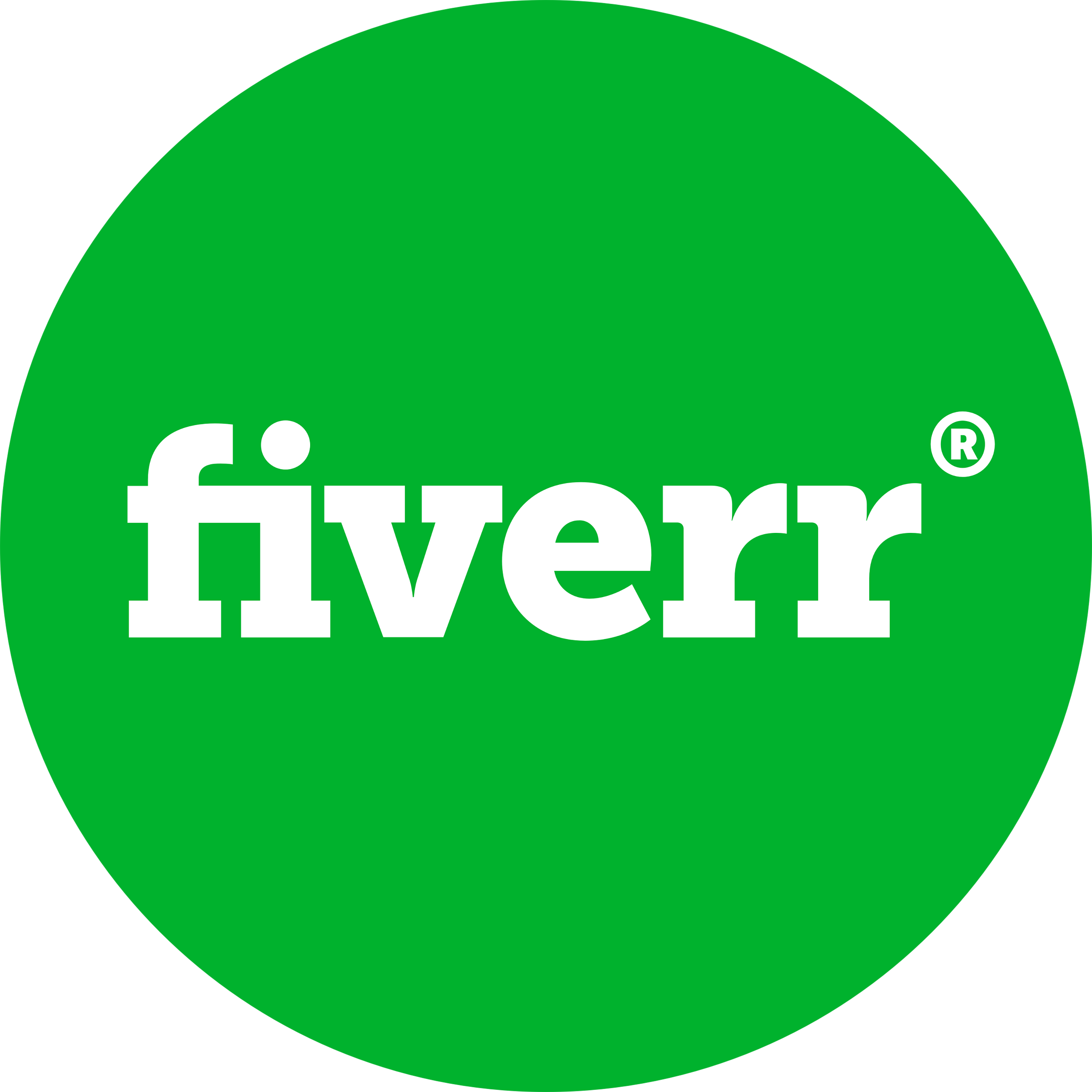
Top 7 Developer Tools Every Programmer Should Use in 2025
Boost productivity and write cleaner code with these must-have developer tools of 2025. From modern code editors to version control systems, these tools are redefining how software gets built.
Top 7 Developer Tools Every Programmer Should Use in 2025
Published under: Development Tools
Tags: developer tools, best dev tools 2025, coding productivity, programming, software development, VSCode, Git, Docker
As the software industry evolves, so do the tools developers rely on daily. In 2025, choosing the right developer tools isn’t just about preference — it's about speed, collaboration, and code quality. Whether you’re building mobile apps, backend APIs, or full-stack web applications, the right stack can drastically improve your productivity.
Below are seven essential developer tools that are shaping the way modern programmers work in 2025.
1. Visual Studio Code (VSCode)
Still leading the pack, VSCode remains the most popular code editor in 2025. Its speed, rich extension ecosystem, and built-in support for Git, debugging, and multiple languages make it a top choice for developers across all levels.
2. Git & GitHub
Version control is non-negotiable. Git, paired with GitHub or GitLab, offers collaboration, version tracking, CI/CD pipelines, and issue management. GitHub Copilot and AI-enhanced code reviews are becoming standard in many teams.
3. Docker
Docker is essential for creating isolated, portable development environments. It ensures your app runs the same in every environment — from local dev to production. In 2025, Docker’s tighter integration with Kubernetes and serverless platforms makes it more relevant than ever.
4. Postman
APIs are the backbone of modern software, and Postman is the go-to tool for testing, documenting, and sharing APIs. The 2025 version includes AI-powered test generation and automated schema validation, making it a vital part of any backend or full-stack dev’s toolkit.
5. Figma for Developers
Design handoff has never been smoother. Figma now integrates deeper with IDEs, letting developers inspect, extract, and convert design specs into code faster. Frontend devs working with Tailwind, React, or Flutter especially benefit from this visual collaboration tool.
6. Bun (or Node.js if you're playing it safe)
Bun, the JavaScript runtime that's rapidly gaining adoption, is shaking up the Node.js ecosystem. It's faster, includes a bundler, and comes with a test runner out of the box — making it an all-in-one dev tool for JS/TS projects.
7. Warp or Tabby Terminal
The traditional terminal has evolved. Warp and Tabby offer autocomplete, command history, and team collaboration directly from the terminal window. Warp’s AI-enhanced CLI helps you recall commands and write scripts faster with fewer mistakes.
Honorable Mentions
- 📂 Notion or Obsidian – for documentation and knowledge bases.
- 📈 Raycast – for macOS devs, a productivity launcher that replaces Spotlight.
- 🧠 ChatGPT – yes, devs are using AI daily for debugging, code generation, and documentation.
Final Thoughts
Keeping up with the ever-changing developer ecosystem can feel overwhelming. But investing time in learning the right tools can save you hours down the line. Whether you're freelancing, working with a startup, or coding for enterprise software, adopting these developer tools in 2025 will help you stay competitive and productive.
Always stay curious, experiment with new tech, and don’t be afraid to optimize your stack. Your future self will thank you.









